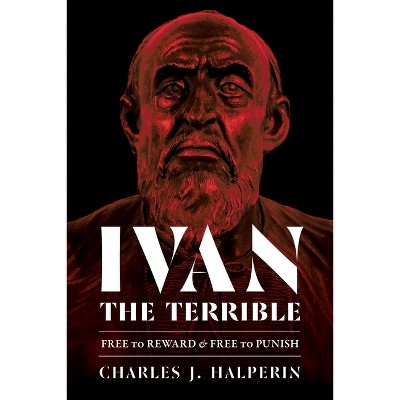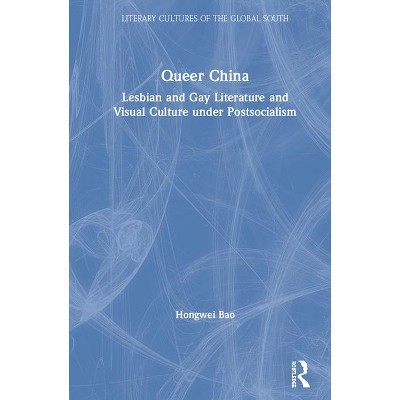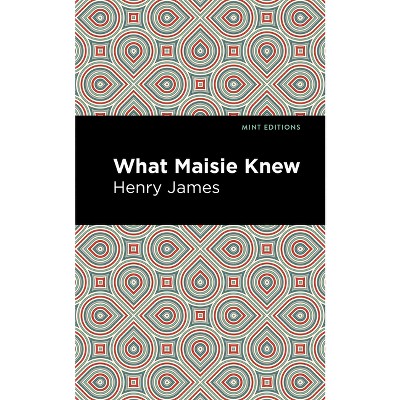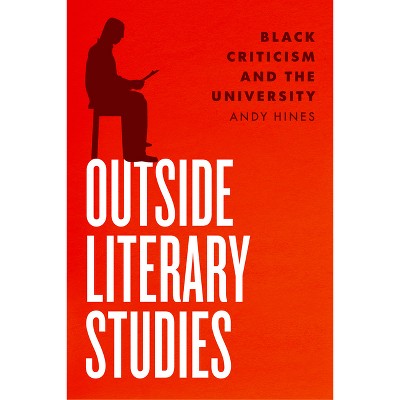Sponsored

Literary Case Studies in Cowardice - by Richard Hillyer (Hardcover)
In Stock
Sponsored
About this item
Highlights
- This book offers case studies from throughout literature to reveal cowardice as a more complex and interesting phenomenon than typically understood.
- About the Author: Richard Hillyer is Professor of English at University of South Alabama, USA.
- 286 Pages
- Fiction + Literature Genres, General
Description
Book Synopsis
This book offers case studies from throughout literature to reveal cowardice as a more complex and interesting phenomenon than typically understood. Pushing beyond the straightforward treatment of cowardice in military contexts and others where it is subject to punishment or severe condemnation, Hillyer asks: how do cowards survive in a world generally hostile to them and why do they attract such wide vituperation? Following a lexical and literary overview of cowardice starting with the Oxford English Dictionary to provide a big picture, chapters provide deep dives into specific cowardly character representatives, including Shakespeare's Parolles (All's Well That Ends Well), English poet and politician Edmund Waller, and Joseph Conrad's Hirsch (Nostromo).
From the Back Cover
This book offers case studies from throughout literature to reveal cowardice as a more complex and interesting phenomenon than typically understood. Pushing beyond the straightforward treatment of cowardice in military contexts and others where it is subject to punishment or severe condemnation, Hillyer asks: how do cowards survive in a world generally hostile to them and why do they attract such wide vituperation? Following a lexical and literary overview of cowardice starting with the Oxford English Dictionary to provide a big picture, chapters provide deep dives into specific cowardly character representatives, including Shakespeare's Parolles (All's Well That Ends Well), English poet and politician Edmund Waller, and Joseph Conrad's Hirsch (Nostromo).
Richard Hillyer is Professor of English at University of South Alabama, USA. His previous books include Four Augustan Science Poets: Abraham Cowley, James Thomson, Henry Brooke, Erasmus Darwin (2020), Auden's Syllabic Verse (2020), Divided between Carelessness and Care: A Cultural History (2013), Sir Philip Sydney, Cultural Icon (2010), and Hobbes and His Poetic Contemporaries: Cultural Transmission in Early Modern England (2007).
About the Author
Richard Hillyer is Professor of English at University of South Alabama, USA. His previous books include Four Augustan Science Poets: Abraham Cowley, James Thomson, Henry Brooke, Erasmus Darwin (2020), Auden's Syllabic Verse (2020), Divided between Carelessness and Care: A Cultural History (2013), Sir Philip Sydney, Cultural Icon (2010), and Hobbes and His Poetic Contemporaries: Cultural Transmission in Early Modern England (2007).
Shipping details
Return details
Frequently bought together


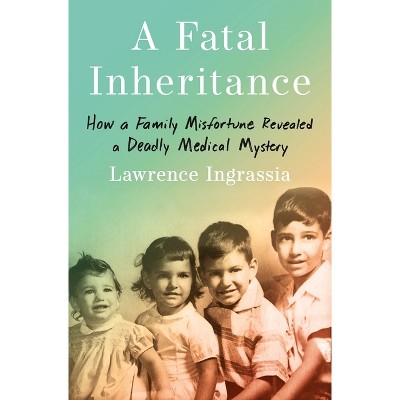
Trending Literary Fiction








